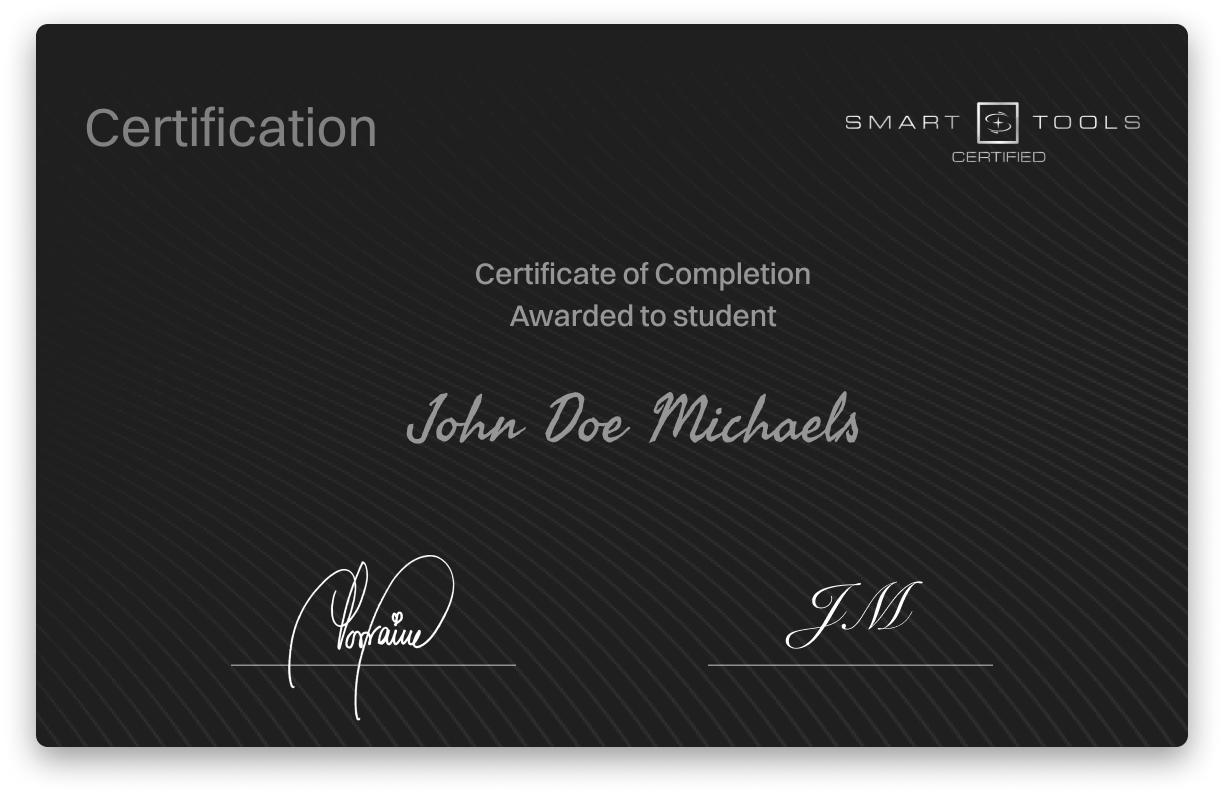Online Certificates
BFR and IATSM Training Online
Live Courses
Class Sizes are Limited! Reserve your spot today.
Filter by available locations
By course type
Get a Valid Certificate
For Physical Therapists
This course has been approved for 9.0 CE hours by APTA Chapters in the following states: OH, LA The following states accept courses approved by other APTA Chapters: AL, AK, AR, AZ (Cat.A), DC, DE, GA, HI, ID, IN, KS, KY, MI, MO, MS, MT (Cat.A), NC, ND, NM, OR, PA, RI, SC, TN (Class 1), UT, VA, VT, WI, WY.For Athletic Trainers
Smart Tools (Approved Provider#: P10179) is approved by the Board of Certification, Inc. to provide continuing education to Athletic Trainers. This program is eligible for a maximum of 5 Category A hours/CEUs. ATs should claim only those hours actually spent in the educational program.


